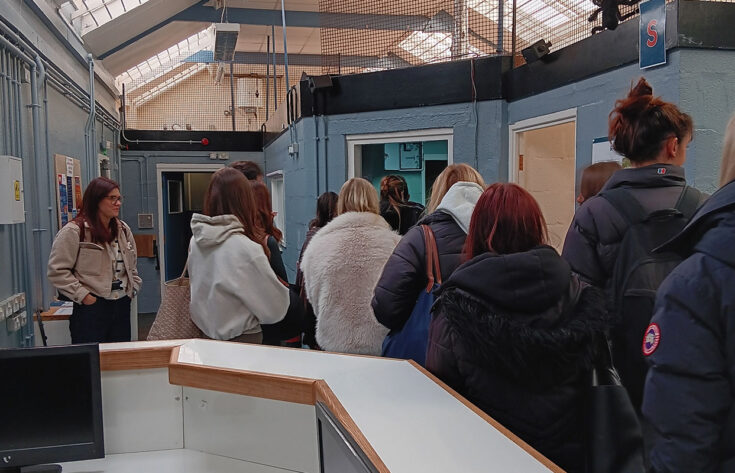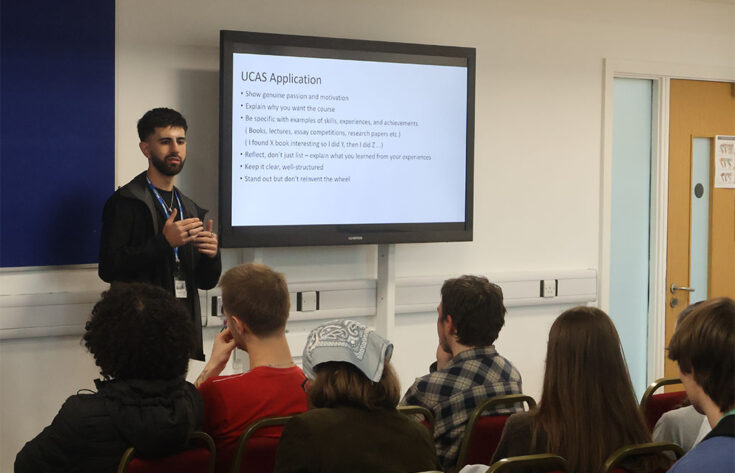Statistics
Understanding of statistics is a crucial skill for many degree courses and employment choices, particularly in the fields of research and social sciences. Statistics A Level gives students the tools needed to analyse data and draw conclusions. This is useful for students studying subjects such as A level Psychology, Geography, Environmental Science, Maths, Biology, Applied Science, Business Studies, PE/Sport and Economics. It is also an ideal third A level for aspiring medical students.
The emphasis throughout the course is on real world examples and the focus is very much on how statistical analysis can be used as a tool across many subjects. Future careers and pathways can include Data Science, Quantitative Methods, Research Methods and Data Analytics amongst others, all of which are expanding areas.
Students will require a graphical calculator for this course, which can be purchased through Aquinas at a discounted rate of approximately £75.

Paper 1: Data and Probability (2 hours)
Topics include:-
- Numerical measures
- Graphs and diagrams
- Population and samples
- Binomial distribution
- Normal distribution
- Correlation and linear regression
- Bayes’ theorem,
- Experimental design
- Exponential and Poisson distributions
Paper 2: Statistical Inference (2 hours)
Topics include:-
- Correlation and linear regression
- Introduction to hypothesis testing
- Contingency tables
- One and two sample non-parametric tests
- Experimental design
- Sampling
- Estimates and resampling
- Significance testing
- Confidence intervals
- Paired tests
- Goodness of fit
- Analysis of variance
Paper 3: Statistics in Practice
Questions may be set on any of the topics within the specification, including the Statistical Enquiry Cycle (SEC).
Students can progress from this qualification to:
- a range of different, relevant academic or vocational higher education qualifications
- employment in a relevant sector.
In particular, this qualification provides a foundation in statistics for students seeking to undertake higher education in social sciences, biological sciences or medicine and related health studies.
Students may be surprised at just how many interesting jobs there are for statisticians. There is a long list which includes jobs in forensics, environmental science, the medical industry, market research, the sports industry and the pharmaceutical industry.
- Dame Kathleen Ollerenshaw Lecture
- Making Maths at Manchester
- Maths Fest
- Maths Inspiration Lecture
- Problem Solving Course
- UKMT Senior Maths Challenge














